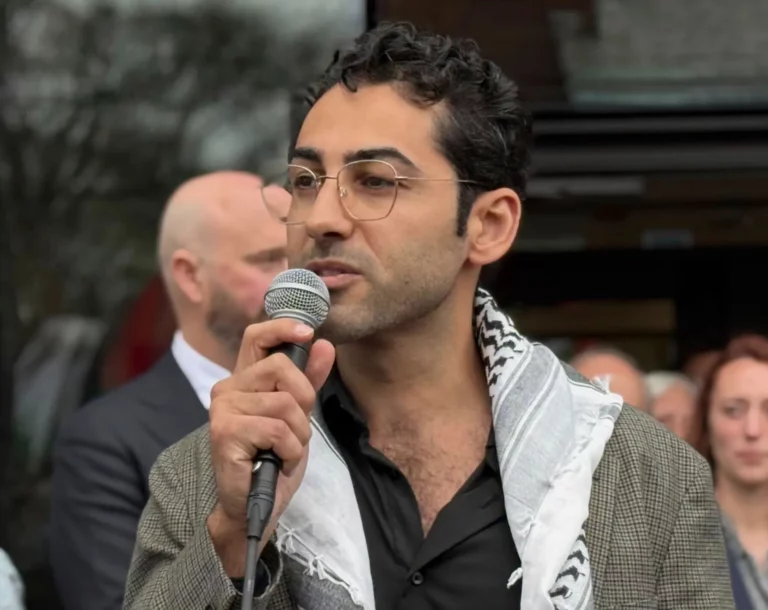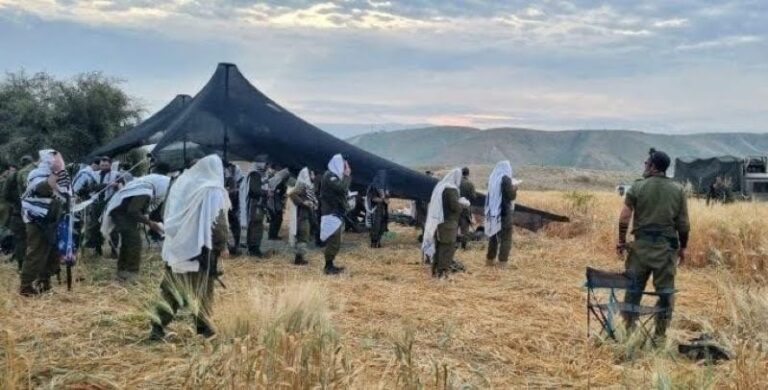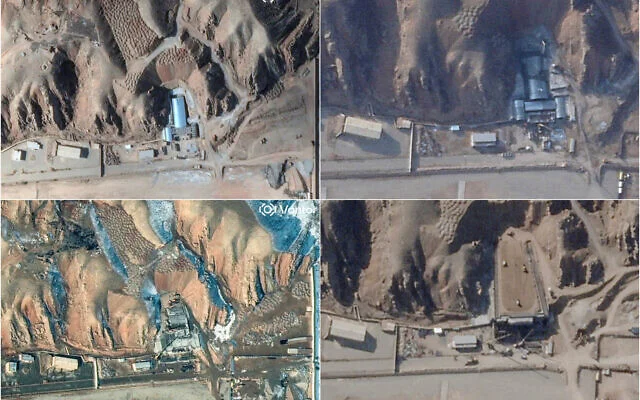 A Pakistani court called Wednesday for the government to review an ordered retrial of a doctor who helped the U.S. search for Osama bin Laden over a separate case.
A Pakistani court called Wednesday for the government to review an ordered retrial of a doctor who helped the U.S. search for Osama bin Laden over a separate case.
The tribunal’s ruling called the retrial order for Dr. Shakil Afridi too ambiguous. Afridi was convicted of “conspiring against the state” in May 2012 and sentenced to 33 years in prison.
The doctor’s conviction was related to allegations that he gave money and provided medical treatment to Islamic militants, not for helping the CIA track down bin Laden. His family and the militants denied the allegations.
The decision did not make it clear whether Afridi would be tried under regulations which govern Pakistan’s tribal areas or those of the rest of the country, the court order said.
There are hardly any legal rights for the people in tribal areas. The region is governed by regulations which mostly rely on tribal councils to decide judgments on crimes and other social issues.
Afridi ran a fake vaccination campaign to collect DNA samples, which helped the CIA track down bin Laden and his family in a compound near Pakistani army’s officers training academy in Abbottabad.
Pakistani officials were outraged by the 2011 U.S. operation that killed bin Laden, which led to international suspicion that they had been harboring al-Qaida’s founder. In their eyes, Afridi was a traitor who had collaborated with a foreign spy agency in an illegal operation on Pakistani soil.
But the doctor — who is being held in a prison — was never charged by Pakistan of helping the CIA, and U.S. officials have demanded his release.
The case has caused friction between Pakistan and the U.S., complicating a relationship that Washington views as vital for fighting the Taliban and al-Qaida, as well as negotiating an end to the war in neighboring Afghanistan.
The ordered retrial had overturned Afridi’s 33-year sentence. He also faces a murder charge stemming from a complaint over a teenage boy who died after the doctor performed surgery on him for appendicitis in 2006.
Meanwhile Wednesday, a suicide attack killed four Pakistani paramilitary soldiers at an army base camp in Mir Ali in North Waziristan near the Afghan border, two Pakistani intelligence officials said. They said the suicide bomber rammed an explosive-laden car into a checkpoint outside the camp, wounding some 25 soldiers.
The officials spoke on condition of anonymity because they were not authorized to talk to journalists.
Pakistan’s army has been battling against Islamic militants in country’s tribal areas for several years. North Waziristan is home to several local and Afghan militant groups, as well as al-Qaida-linked foreign fighters. No group immediately claimed responsibility for Wednesday’s attack.
(AP)









